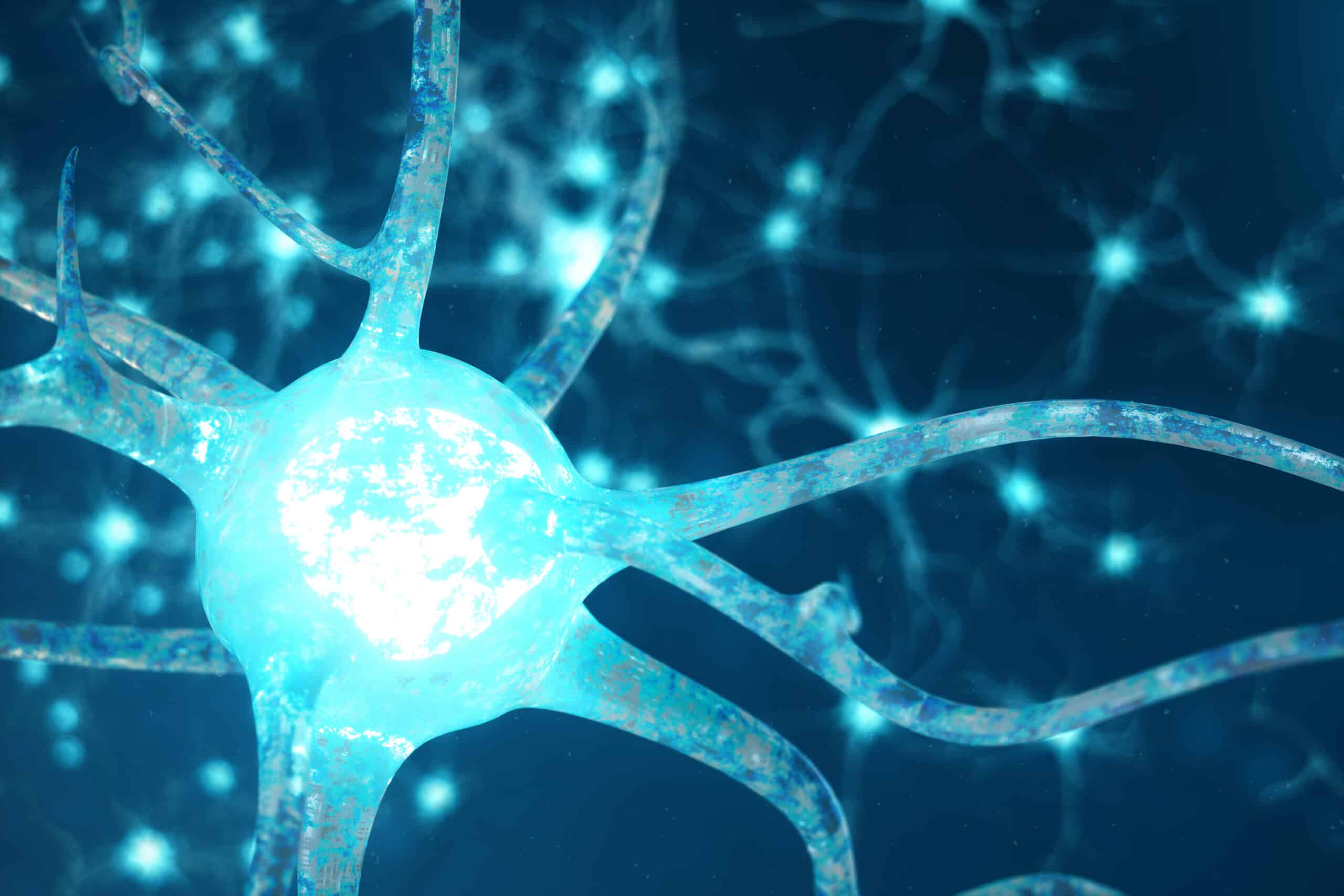Table of Contents
Acupuncture for the Nervous System
Acupuncture effectively treats nervous system conditions such as shingles, neuropathy, and pinched nerves. The nervous system acts as the body’s command center, managing communication between the brain and the body. It controls vital functions such as muscle movement, organ function, and sensory input from the body and the external environment. Additionally, it regulates numerous body systems and processes, including digestion and breathing.
The nervous system comprises neurons, which are the basic units that receive and transmit electrochemical impulses between the brain and the body.
Pathologies of the Nervous System
The nervous system can be divided into two parts:
- Central Nervous System (CNS): Includes the brain and spinal cord.
- Peripheral Nervous System (PNS): Consists of the nerves branching off from the spinal cord and extending to all parts of the body.
This article focuses on the peripheral nervous system and its related pathologies.
Causes of Nerve Pathology and Neuropathy
Damage or injury to the nerves in the peripheral nervous system can result from several factors, including:
- Physical Pressure or Injury:
Conditions such as pinched nerves, sciatica (affecting the legs), thoracic outlet syndrome (affecting the hands), and Bell’s Palsy can compress or damage the nerves. - Infections:
Viral infections, including shingles, Lyme disease, and the Epstein-Barr virus, can inflame or damage nerves. - Autoimmune Diseases:
Conditions like lupus and rheumatoid arthritis may cause the immune system to attack nerve tissues. - Diabetes:
Nerve damage caused by diabetes, known as neuropathy, is a common complication resulting in pain, numbness, or weakness.
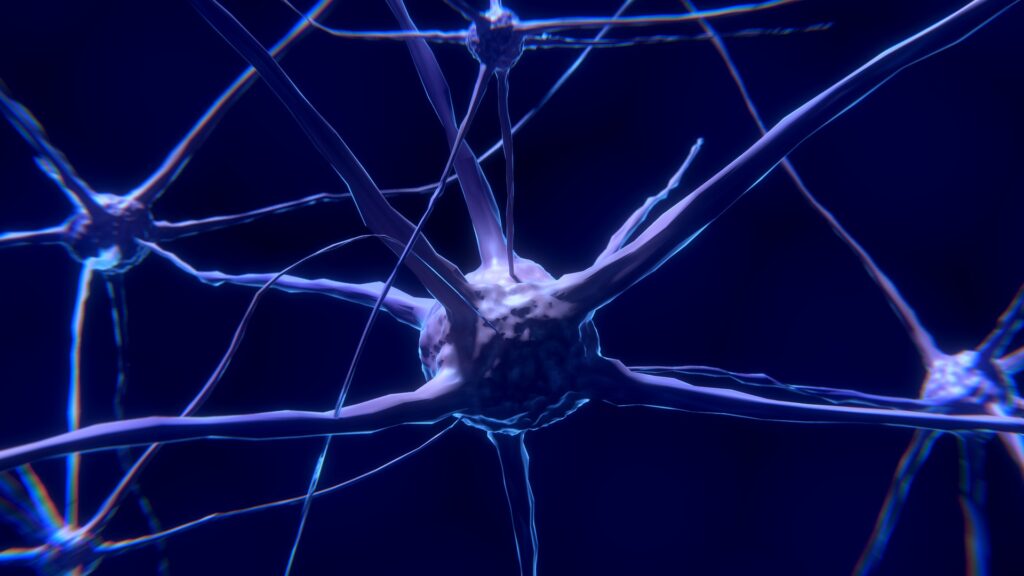
Symptoms of Neurological Conditions
The symptoms of nerve damage are often similar across different conditions. They can be categorized into three types based on the affected nerves:
1. Sensory Nerves
When sensory nerves are affected, individuals may experience:
- Unusual sensations like numbness, prickling, or tingling
- Sensations of heat or cold
- Sharp, shooting pain or complete loss of sensation
These symptoms occur because the sensory input from the damaged nerve is malfunctioning.
2. Motor Nerves
Motor nerves deliver commands from the brain to the muscles. Symptoms of motor nerve damage include:
- Muscle weakness
- Lack of coordination
- Paralysis
3. Autonomic Nerves
Damage to autonomic nerves, often caused by diabetes, can result in symptoms such as:
- Blood pressure drops
- Excessive sweating
- Irregular heart rate
- Digestive issues
- Bladder dysfunction
Shingles (Herpes Zoster)
Herpes zoster, commonly known as shingles, is caused by the Varicella Zoster Virus (from the Herpes family), the same virus responsible for chickenpox in children. Shingles can occur when the immune system weakens due to illness, stress, or emotional conflict. The virus can remain dormant in nerve cells near the spine for many years, only reactivating later in life to cause shingles.
Symptoms of Shingles:
- Pain and sensitivity along affected nerves
- Skin lesions in a “half belt” shape, typically on the abdomen or chest
- Occasionally, lesions may appear on the face or limbs
The belt-shaped pattern occurs because the virus spreads along nerves from the spine to the front of the body.
Although shingles is not contagious, the lesions can transmit chickenpox to individuals who have never had the disease, posing a risk to adults who have not contracted chickenpox in the past.
Acupuncture for Shingles
Balance Method acupuncture is highly effective for treating shingles. Distal acupuncture points (away from the affected area) are commonly used, with most patients experiencing immediate improvement. Acupuncture is also helpful for managing chronic symptoms of shingles, such as residual pain and sensitivity that can persist after the infection has cleared.
From a Chinese medicine perspective, herpes zoster is associated with heat in the gallbladder meridian. Heat is considered a pathogenic factor in the body, disrupting the proper flow of qi. Its characteristics often manifest as:
- Redness
- Itching
- Pain
Certain foods can exacerbate this heat and are best avoided during treatment. These include:
- Alcohol (especially beer)
- Chocolate
- Fried foods
- Peanuts and other nuts
Herbal Treatment for Shingles
An acupuncturist can prescribe tailored Chinese Medicine herbal formulas to support recovery from shingles. These formulas are determined through a diagnosis of the root issue using traditional methods like tongue and pulse analysis.
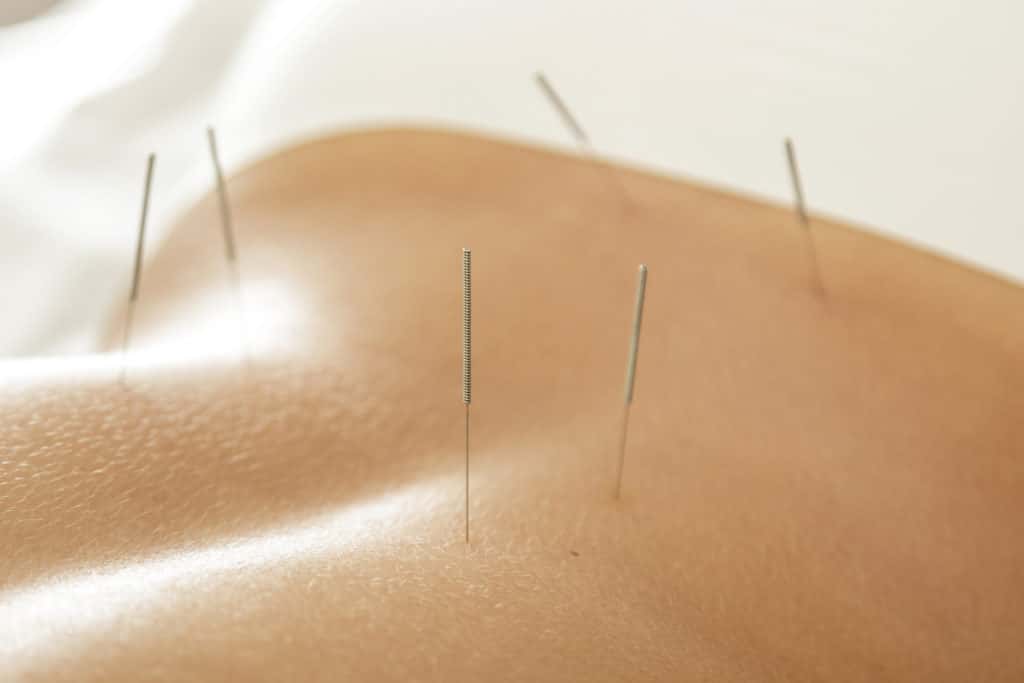
Neuropathy
Peripheral neuropathy results from damage to peripheral nerves. The damage often causes muscle weakness, numbness, unusual sensations of cold and heat, and pain, usually in the hands and feet. One unique characteristic of neurological pain is that the pain is not in the same place as the nerve damage.
Most common reasons for Neuropathy:
- Diabetes damages the tiny blood vessels, which cannot nourish the nerves. Most Neuropathy in Diabetes occurs in the feet and, if not treated, can lead to amputation. It can also affect other organs, such as the eyes.
- A “Pinched Nerve” occurs when surrounding tissues, such as muscles, bones, tendons, or ligaments, put too much pressure on a nerve, causing false sensations or pain in a distal location.
- Examples of pinched nerves are sciatic pain (Back pain radiating to the leg), carpal tunnel syndrome (CTS), thoracic outlet syndrome (TOS), and pinched nerves in the neck.
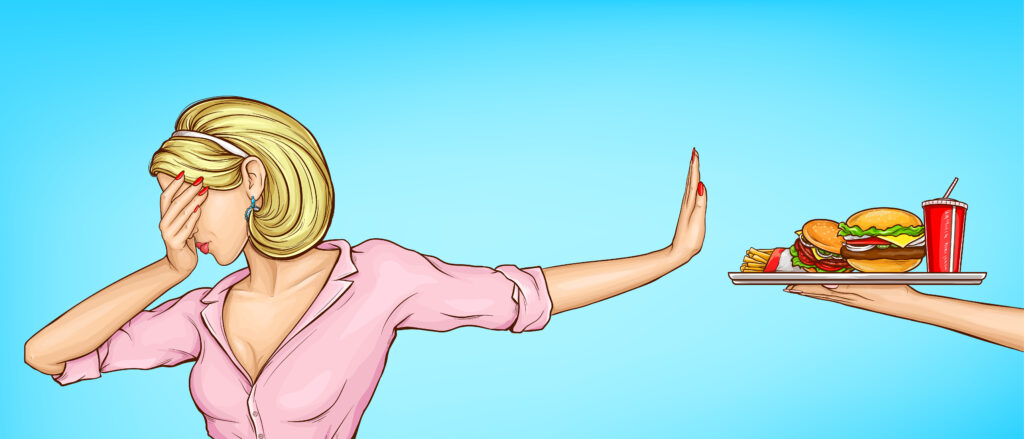
Neuropathy Symptoms
Peripheral neuropathy occurs as a result of damage to the peripheral nerves. This damage often leads to symptoms such as:
- Muscle weakness
- Numbness
- Unusual sensations of heat and cold
- Pain, typically in the hands and feet
One unique characteristic of neurological pain is that it often doesn’t occur in the same place as the nerve damage.
Most Common Causes of Neuropathy
1. Diabetes:
Diabetes can damage tiny blood vessels that nourish the nerves, leading to neuropathy. Most diabetic neuropathy affects the feet and, if untreated, can result in severe complications like amputation. It can also impact other organs, such as the eyes.
2. Pinched Nerve:
A “pinched nerve” occurs when surrounding tissues—such as muscles, bones, tendons, or ligaments—apply excessive pressure to a nerve. This pressure can lead to false sensations or pain in a distal location.
Examples of Pinched Nerve Conditions:
- Sciatic Pain: Back pain that radiates to the leg.
- Carpal Tunnel Syndrome (CTS): Pain or numbness in the hand caused by median nerve compression.
- Thoracic Outlet Syndrome (TOS): Compression of nerves or blood vessels between the collarbone and the first rib, often causing pain or weakness in the arms.
- Pinched Nerve in the Neck: Pain or tingling that can radiate to the shoulders or arms.
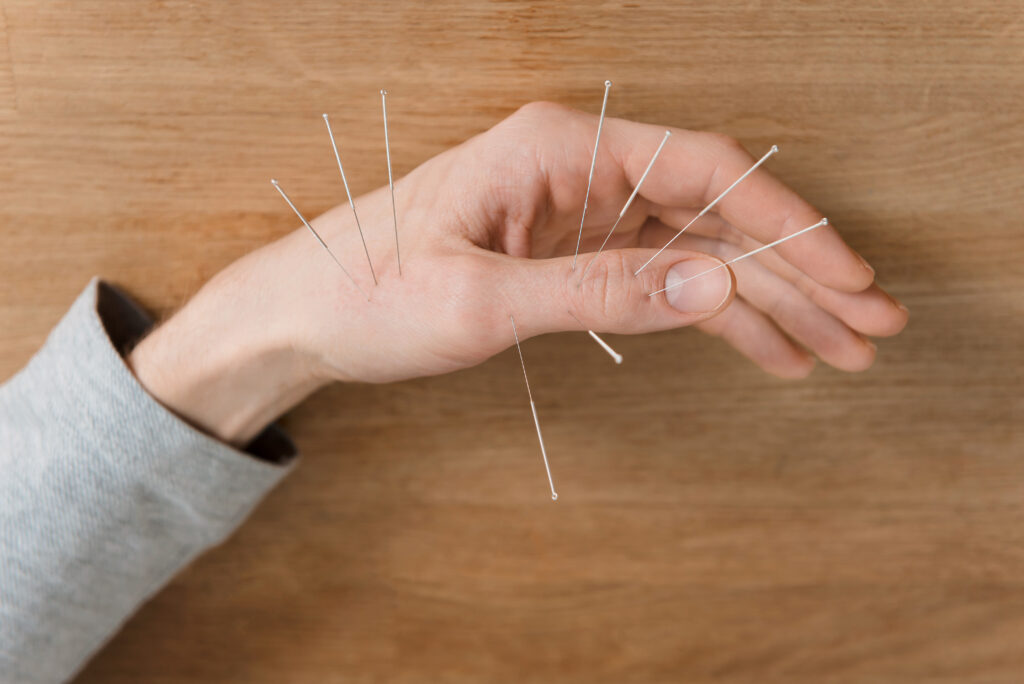
Acupuncture for Neuropathy Due to Diabetes
Acupuncture is highly effective for managing neuropathy. It addresses both the symptoms of nerve damage and the condition’s root cause.
Treating Neuropathy and Diabetes Together
For neuropathy caused by type 2 diabetes, it’s crucial to treat both diabetes and neuropathy simultaneously. Chinese Medicine offers excellent protocols for managing diabetes through:
- Acupuncture
- Herbal therapy
- Nutrition
In cases of diabetic neuropathy, acupuncture points in the hands are often used to treat the feet, avoiding the risk of inflammation caused by needling directly in the affected area.
The Reversible Nature of Type 2 Diabetes
It’s important to know that type 2 diabetes is treatable and, in many cases, reversible with a combination of acupuncture and a proper diet. These treatments can help restore balance to the body, improve blood circulation, and support nerve healing.
Acupuncture for a Pinched Nerve
Balance Method acupuncture is highly effective in treating pinched nerves. Pinched nerves are a common complaint in acupuncture clinics and typically respond well to treatment. A typical example is sciatic pain.
The Importance of Accurate Diagnosis for Pinched Nerve
Accurate diagnosis is essential for effectively treating a pinched nerve, as the precise location of the nerve blockage must be identified.
In some cases, simply relieving the pressure on the nerve may not be enough, as the nerve may have suffered damage that requires additional healing support. Nerves, particularly in more complex cases, can take longer to heal than other tissues. However, with proper treatment and supplements, most nerves will recover fully.

